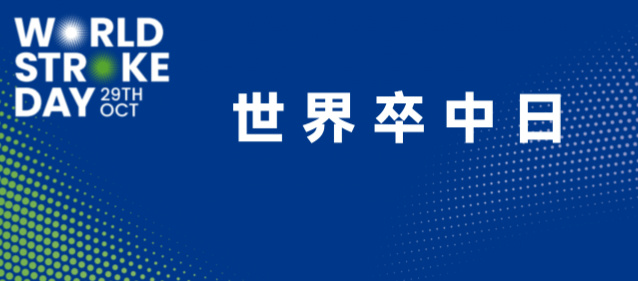感染性休克?液体复苏后用去甲肾上腺素
Septic Shock? Reach for Norepinephrine After Fluid resuscitation
A meta-analysis shows that dopamine is associated with increased risk for death and arrhythmic events compared with norepinephrine.
Although current guidelines recommend either dopamine or norepinephrine as the vasopressors of choice for septic shock, a recent meta-analysis of six interventional studies suggested that norepinephrine is the superior agent (JW Emerg Med Apr 22 2011). Investigators conducted a meta-analysis of the same six interventional studies — excluding patients with nonseptic shock — and five observational studies; the analysis involved a total of 2768 adult patients.
Observational studies showed significant heterogeneity in results overall and no difference in mortality between patients treated with dopamine and those treated with norepinephrine. After exclusion of one trial that accounted for the heterogeneity, dopamine was associated with an increased risk for death at 28 days over norepinephrine (relative risk, 1.23). Interventional trials were homogeneous and likewise showed a significantly increased risk for death with dopamine use (RR, 1.12). Two interventional studies that reported arrhythmic events showed a significant increase in these events in the dopamine groups (RR, 2.34).
An editorialist suggests that dopamine, a more powerful β-agonist than norepinephrine, could still be considered in patients with septic shock, hypotension (systolic blood pressure <90 mm Hg), and either a low cardiac index (<2.5 L/minute/m2) or low heart rate (<90 beats per minute).
Related Link: //www.nurftech.com/detail/135167.html






